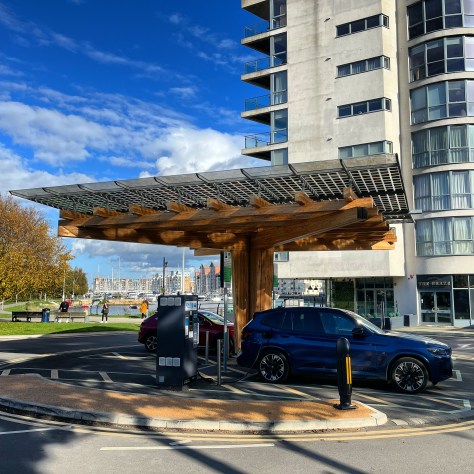Spent some time working on some draft themes for a possibly (maturity) framework for the intelligent campus.
I am a little but loathe to call it a maturity framework, as we really don’t confidently know what a mature intelligent campus looks like. However at this stage I don’t want to spend a lot of time thinking about a name, when there is much more to do with the framework.
I am planning to use the FE Digital Elevation Tool as a starting point. The first stage is to identify the main themes. This is what I arrived at, reflecting on the work I have done in this space for the last eight years.
- Vision
- Campus
- Data
- Digital
- Technology
- People
- Activity
- Policy
- Process
- Security
- Ethics
- Energy
- Community
A theme has many sub-themes, so we could take people and break it down into staff and students.
Each sub-theme has many competencies. Competency has three statements and there are four responses to each statement.
- Completed
- In progress
- Not started
- Not a priority
This will take some time to work on, but I am planning to run some community events around this.
I rebooted my monthly Intelligent Campus newsletter on the Jiscmail. You can subscribe to the mailing list here.
I wrote a blog post about a Wonkhe article I read.
Across the country there are a real variety of university campuses. No two campuses are alike, but all have similar challenges that the Estates team have to work with. There was an interesting article from Wonkhe a few weeks back on what keeps your estates manager awake at night? from the incoming AUDE chair.
I also published some thoughts about personalisation.
I have been looking at what we mean by personalisation in higher education. What I have discovered is that there isn’t really any clear idea or definition of what we mean by personalisation and across the sector there are varied views and opinions about what is personalisation, what can be personalised, and importantly why we would do this.
We had our monthly team meeting.
I am recognising that now as I no longer use Twitter, that I am missing some articles and news that would have been shared on Twitter. I would also use the postings (especially of links) I made to Twitter to inform the writing of these weeknotes. I need to reflect on what this means going forward and if there is some other kind of mechanism I can use. I really don’t want to go back to the Twitter.
Shorter week next week with the bank holiday. I am chairing a session at Jisc’s Connect More event next week, so attended a rehearsal on how to use the platform we are using.




























